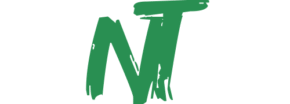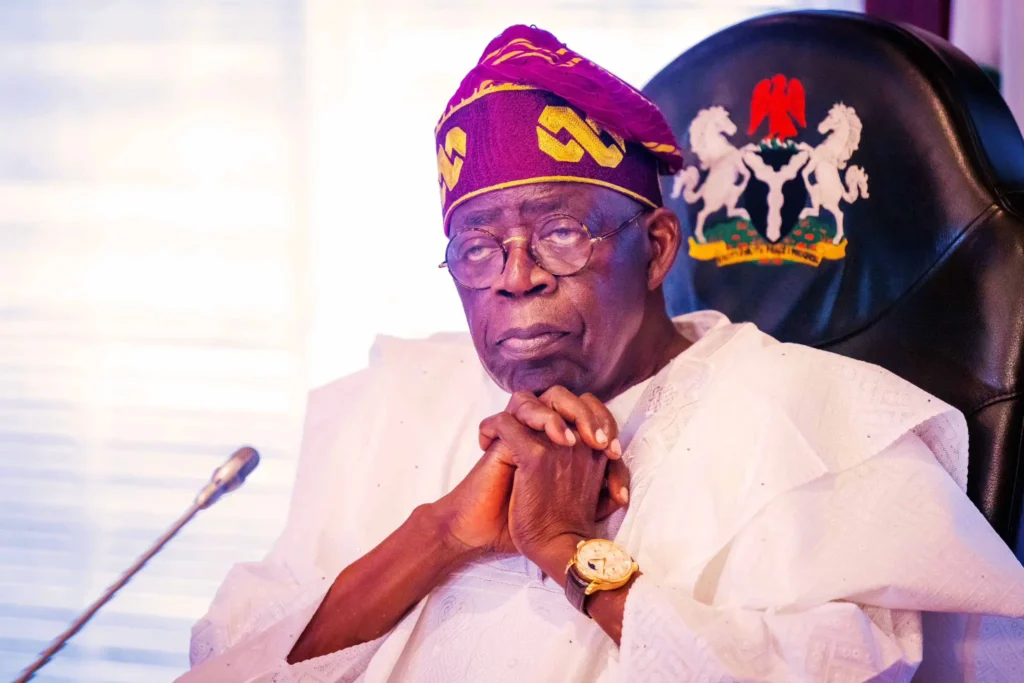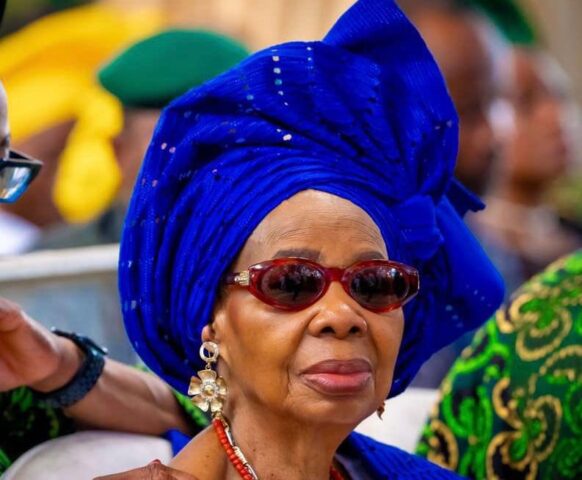The Federal Government is considering adjusting electricity tariffs to address disparities in the current billing system, particularly for customers outside the Band A category, aiming to enhance liquidity in the Nigerian Electricity Supply Industry.
This proposed hike would align tariffs for Band B and C customers with the N206/kW rate paid by Band A customers, who constitute about 15 percent of the nation’s 12.82 million power consumers.
However, this plan has faced strong opposition from power consumers and the Organised Private Sector, who question the government’s continuous increase in commodity costs across various sectors.
This development coincides with the government’s admission of owing over N4 trillion in electricity subsidies to 24 power generation companies (Gencos) and 11 electricity distribution companies (Discos).
Minister of Power, Adebayo Adelabu, unveiled these plans during the presentation of the National Integrated Electricity Policy (NIEP) and Nigeria Integrated Resource Plan in Abuja.
The NIEP, initiated in 2024, was developed through collaboration with power sector professionals and donor partners. Adelabu attributed the proposed tariff adjustment to the slow migration of customers to Band A, which he linked to Discos’ reluctance to invest in necessary infrastructure.
He argued that tariff regularization would attract investment by creating a cost-reflective tariff regime. Currently, Band B customers, with 18 to 17 hours of electricity, pay N63 per kilowatt-hour, while Band A customers, with only two additional hours, pay N209 per kilowatt-hour. Adelabu deemed this “unfair” and advocated for a more balanced pricing system.
The government is considering restructuring tariff bands to reduce the wide gap between them, proposing a new system with Bands A, B, and C, and eliminating Bands D and E. Adelabu also revealed the government’s N4 trillion debt to Gencos and Discos, which includes legacy debts and 2024 subsidy payments, hindering their operational capacity.
Electricity consumers, represented by the All Electricity Consumers Forum, strongly oppose the proposed tariff increase, citing the government’s failure to provide stable electricity supply. They argue that the current infrastructure is inadequate for significant improvements in power generation.
Adeola Samuel-Ilori, the forum’s National Coordinator, criticized the government’s insensitivity and alleged that tariffs are being raised to attract investors.
The National Vice President of the Nigerian Association of Small-Scale Industrialists, Segun Kuti-George, echoed these sentiments, accusing the government of being disconnected from the realities faced by citizens. He questioned the lack of focus on alternative power sources and condemned the continuous tariff increases amid unreliable electricity supply.
Dr. Ikenna Nwosu, a member of the Nigerian Economic Summit Group, argued that previous tariff hikes were unjustified and that further increases would exacerbate the cost of living and business crises. He emphasized that Nigeria, with its abundant power sources, should have affordable electricity.




